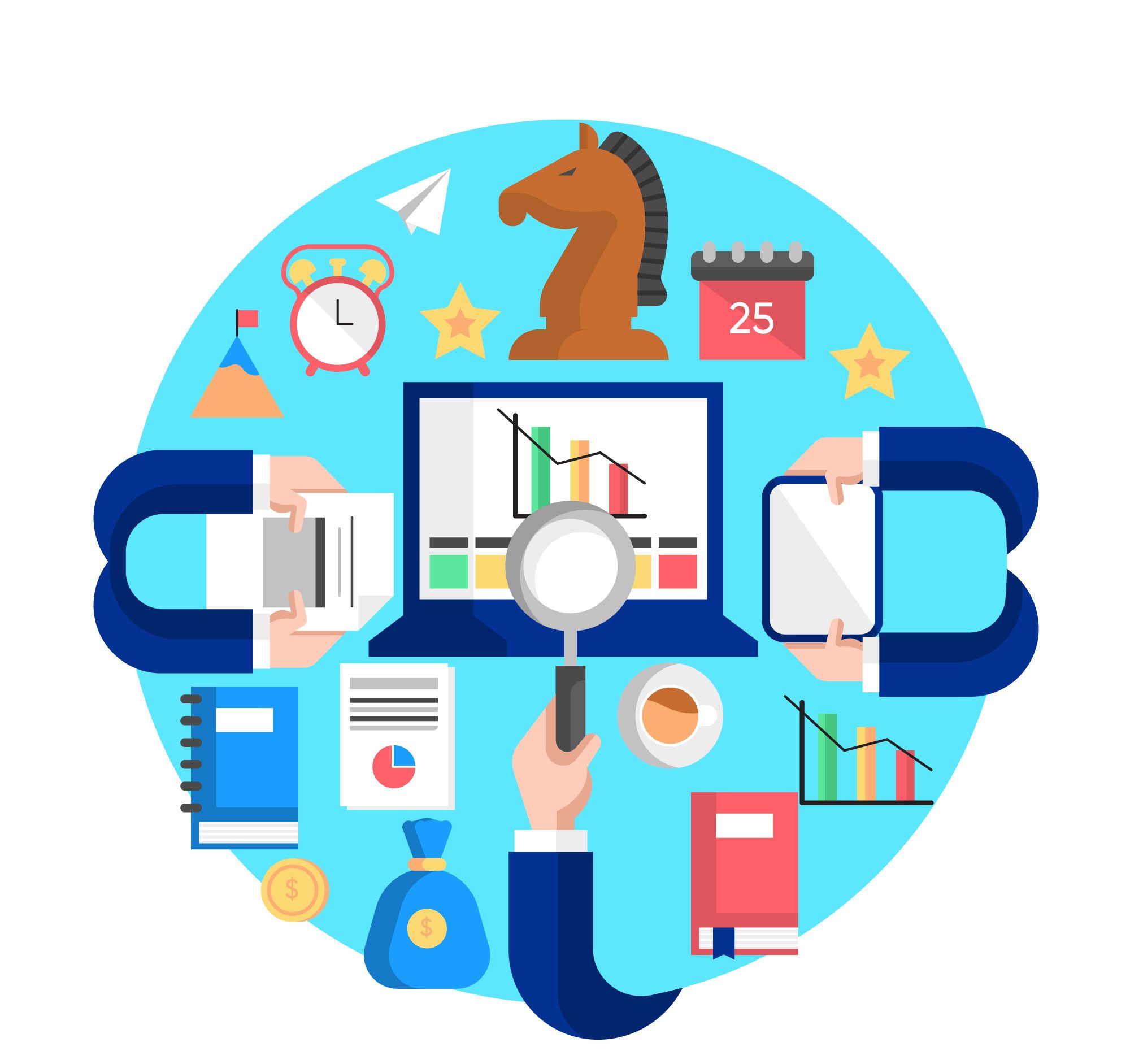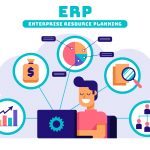The integration of ERP and Business Intelligence (BI) tools is transforming how organizations manage their operations and make strategic decisions. While ERP systems streamline and automate core business processes, BI tools analyze the vast amounts of data generated by these systems, providing actionable insights. In this blog, we’ll explore the interplay between ERP and Business Intelligence (BI) and how this combination is crucial for driving better business outcomes.
1. Understanding the Role of ERP Systems
Enterprise Resource Planning (ERP) systems are at the heart of most organizations’ operations. These systems integrate various business functions—such as finance, human resources, supply chain, and manufacturing—into a single, unified platform. By automating routine tasks and providing a comprehensive view of business processes, ERP & BI systems help organizations increase efficiency, reduce costs, and improve overall performance.
2. The Power of Business Intelligence Tools
Business Intelligence (BI) tools take the data generated by ERP systems and transform it into meaningful insights. Through data visualization, dashboards, and advanced analytics, BI tools enable decision-makers to understand trends, identify opportunities, and make informed decisions. The combination of ERP & BI tools allows businesses to not only manage their operations efficiently but also to predict future outcomes and plan accordingly.
3. How ERP and Business Intelligence Work Together
The real power of ERP and Business Intelligence comes from their integration. When these systems work together, they provide a comprehensive view of the business, combining real-time operational data with strategic insights. For example, an ERP system might track inventory levels, while a BI tool analyzes sales trends to forecast demand. By integrating these insights, businesses can optimize their inventory management, reducing costs and increasing customer satisfaction.
4. Benefits of Integrating ERP and Business Intelligence
The integration of ERP & BI systems offers numerous benefits to organizations. It enhances data accuracy by ensuring that all departments are working from the same set of data. It also improves decision-making by providing real-time insights into business performance. Additionally, the combination of these tools allows for more effective strategic planning, as businesses can use historical data to forecast future trends and make informed decisions.
5. Challenges in Integrating ERP and Business Intelligence
While the benefits are significant, integrating ERP & BI tools is not without its challenges. Organizations must ensure that their ERP and BI systems are compatible and that data flows seamlessly between them. This often requires careful planning, customization, and ongoing maintenance. Additionally, employees must be trained to use these tools effectively, ensuring that they can leverage the full potential of the integrated system.
Conclusion
The interplay between ERP & BI tools is transforming how businesses operate and make decisions. By integrating these powerful systems, organizations can gain deeper insights, improve efficiency, and drive better business outcomes. For more information on how to optimize your business processes with ERP and BI tools, visit Bedots.
Read more: Utilizing ERP Systems for Effective Project Management



